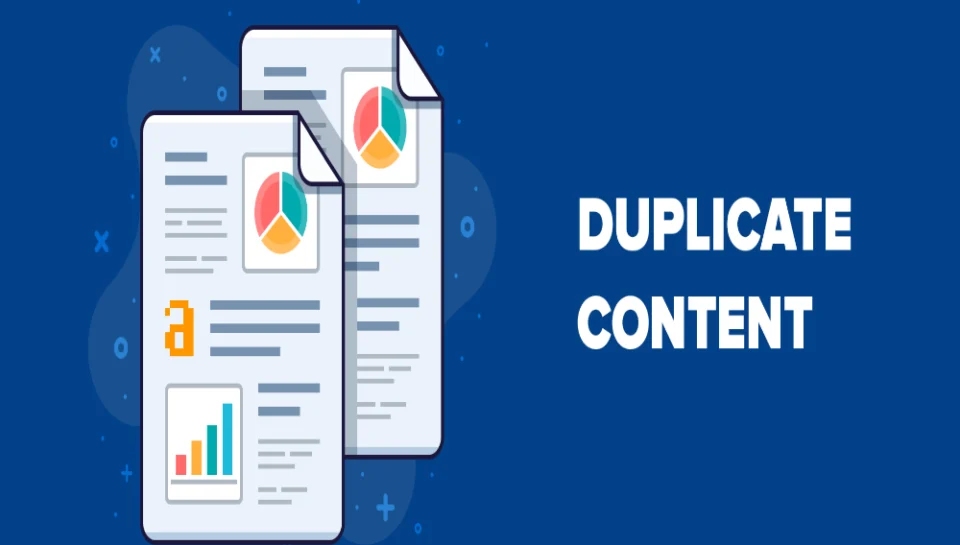
How do you avoid duplicate content issues in IT SEO?
1. Use Canonical Tags Correctly
- Add a canonical tag to indicate the original version of a page
- Prevents search engines from indexing duplicate variations of the same content
- Essential for IT service pages with similar structure or regional versions
- Consolidates SEO value from duplicate pages into one authoritative URL
- Helps manage content syndication or reposts from partner sites
2. Implement 301 Redirects for Merged or Moved Pages
- Redirect outdated or merged URLs to their updated versions
- Transfers link equity and avoids indexing multiple versions
- Commonly used when restructuring service categories or product lines
- Prevents old URLs from being accessed and indexed by mistake
- Helps users and crawlers land on the right page consistently
3. Avoid URL Variations and Session ID Issues
- Ensure consistent URL formatting with or without trailing slashes or parameters
- Eliminate duplicate paths caused by session IDs, tracking codes, or case sensitivity
- Use URL parameters tools in Google Search Console to manage crawling behavior
- Avoid creating printer-friendly pages or HTTP/HTTPS duplicates
- Standardize internal linking to one preferred version
4. Create Unique Content for Each Page
- Ensure every service, product, or blog page has original and valuable content
- Tailor meta titles, descriptions, and headings per page
- Don’t reuse the same introduction or feature list across multiple service locations
- Add location-specific case studies or testimonials to regional pages
- Regularly audit and rewrite overlapping blog topics or product summaries
5. Use CMS and Technical Settings Carefully
- Configure your CMS to prevent automatic creation of tag, category, or archive duplicates
- Noindex thin pages like author profiles or search results
- Avoid publishing the same blog on multiple domains without canonical attribution
- Use hreflang tags if content is duplicated across multiple languages or regions
- Monitor duplicate content issues using tools like Screaming Frog, Ahrefs, or SEMrush





